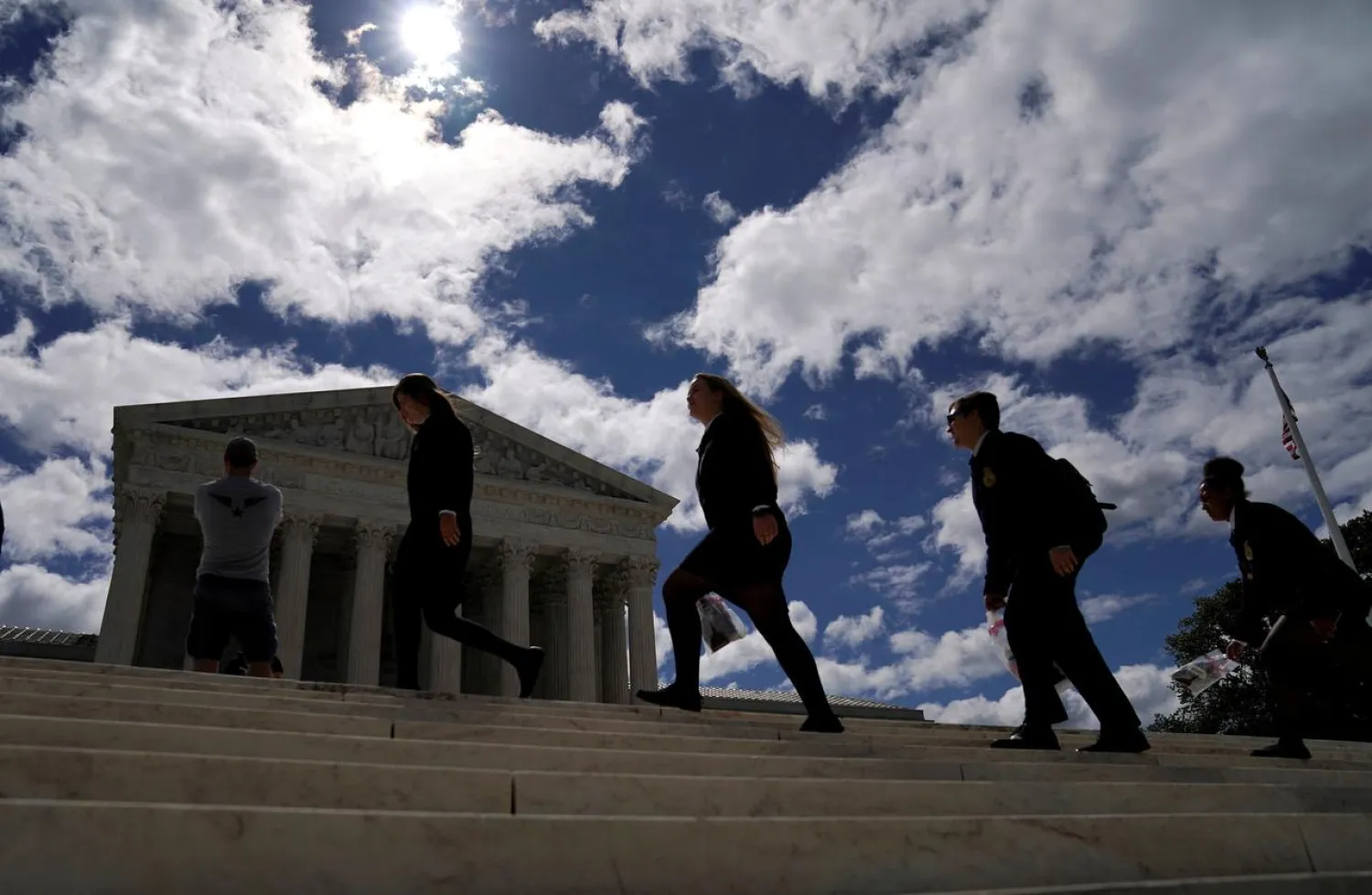The US Supreme Court agreed Friday to hear a case involving $4.3 billion awarded by a court to victims of the al-Qaeda-staged 1998 bombing of the US embassies in Nairobi, Kenya and Dar es Salaam, Tanzania.
Sudan was accused of complicity in terror attacks.
At least 224 people died in the attacks and more than 1,000 were injured. The justices are starting their summer break, but said they would hear the case after they resume hearing arguments in the fall.
The justices took up an appeal by hundreds of people hurt and relatives of people killed in the bombings as they seek to reinstate the punitive damages that a lower court in 2017 ruled could not be levied against Sudan in addition to about $6 billion in compensatory damages imposed in the litigation.
In 2017, the US Court of Appeals for the District of Columbia Circuit upheld Sudan's liability, but ruled that a 2008 change in the law allowing for punitive damages was enacted after the bombings occurred and cannot be applied retroactively.
Considered the first large-scale attack by al-Qaeda, a truck bomb exploded outside US embassies in both Nairobi and Dar es Salaam in 1998. Three years later, on September 11, 2001, al-Qaeda operatives hijacked four jets and attacked the World Trade Center towers in New York and the Pentagon in Washington, DC, and a plane crashed into a field in Pennsylvania, killing some 3,000 people.
A law called the Foreign Sovereign Immunities Act generally says that foreign countries are immune from civil lawsuits in federal and state courts in the United States. But there's an exception when a country is designated a "state-sponsor of terrorism" as Sudan was. Sudan had been added to the list in 1993.
President Donald Trump's administration urged the Supreme Court to hear the case and reinstate the punitive damages award.
The Supreme Court will hear arguments in the case during its next term, which begins in October, with a ruling due before June 2020.
The court in March prevented American sailors, who had accused Sudan of complicity in the 2000 al-Qaeda bombing of the Navy destroyer USS Cole that killed 17 sailors, from collecting damages.









